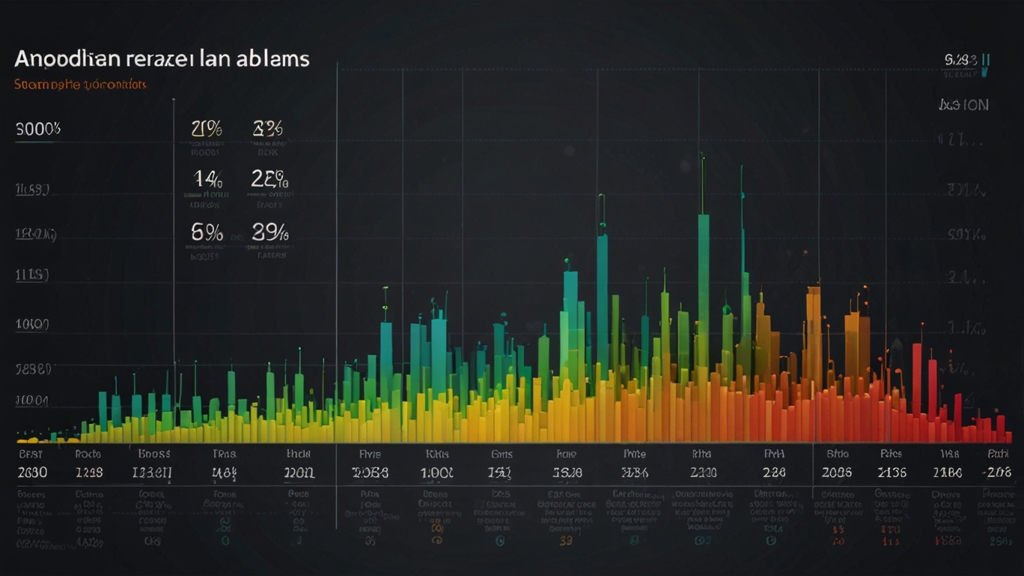Unpacking the Epistles: Lessons That Transcend Time
The Epistles, a collection of letters found in the New Testament, are more than just historical documents. They are rich sources of theological insight, moral guidance, and reflections on the Christian life. Written by key figures such as Paul, Peter, James, and John, they convey messages that are timeless, resonating with believers and non-believers alike across centuries.
Timeless Wisdom for Modern Challenges
One of the most compelling aspects of the Epistles is their ability to address issues that are as relevant today as they were two millennia ago. Consider the words of Paul in Romans 12:2, where he urges: "Do not be conformed to this world, but be transformed by the renewal of your mind." This call for a renewal of the mind speaks directly to the modern struggle against societal pressures and the search for personal authenticity.
“Be completely humble and gentle; be patient, bearing with one another in love.” - Ephesians 4:2
In a world often characterized by hurriedness and stress, the call to humility, gentleness, and patience from Ephesians resonates deeply. It reminds us that core human values remain unchanged, no matter how fast society may evolve.
A Call to Unity and Love
The Epistles also emphasize the importance of unity and communal support. Paul’s letters to the Corinthians, for example, are filled with exhortations for the community to work together in love and harmony. "If one part suffers, every part suffers with it; if one part is honored, every part rejoices with it" (1 Corinthians 12:26). This sentiment underscores the interconnectedness of humanity, a notion that is increasingly pertinent in our globalized world.
John's letters further elucidate the essential nature of love. "Let us love one another, for love comes from God. Everyone who loves has been born of God and knows God" (1 John 4:7). Here, love is not just an emotion but a divine mandate, encouraging us to transcend superficial differences and embrace our shared humanity.
Moral and Ethical Guidances
The Epistles are also replete with moral and ethical teachings that remain applicable today. James addresses the challenge of aligning faith with actions, famously stating, "Faith by itself, if it is not accompanied by action, is dead" (James 2:17). This call to active faith challenges believers to live out their convictions through tangible deeds, promoting a form of spirituality that is deeply engaged with the world.
“Rejoice in the Lord always. I will say it again: Rejoice!” - Philippians 4:4
This exhortation to rejoice, found in Paul's letter to the Philippians, encapsulates a spirit of resilience and gratitude. At a time when mental health issues are increasingly prevalent, such a mandate offers a profound psychological and spiritual anchor.
Personal Reflections and Community Implications
Aside from communal and ethical teachings, the Epistles provide space for personal reflection and growth. Peter’s letters, for instance, deal with themes of perseverance and faith amidst trials. "Cast all your anxiety on him because he cares for you" (1 Peter 5:7). This invitation to surrender one's worries speaks to the contemporary quest for inner peace.
Moreover, the communal implications of these lessons are significant. As individuals internalize these teachings, they contribute to building communities that reflect these timeless principles. Whether it's through acts of charity, advocating for justice, or simply treating others with respect and kindness, the Epistles provide a blueprint for constructing a more compassionate and cohesive society.
Conclusion
The Epistles offer a wealth of lessons that transcend the limitations of time and culture. Their messages of love, unity, moral integrity, and personal growth resonate just as powerfully today as they did in the first century. By engaging with these ancient texts, modern readers can find guidance, solace, and inspiration to navigate the complexities of contemporary life. In doing so, the timeless wisdom of the Epistles continues to illuminate paths toward a more fulfilling, harmonious existence.








